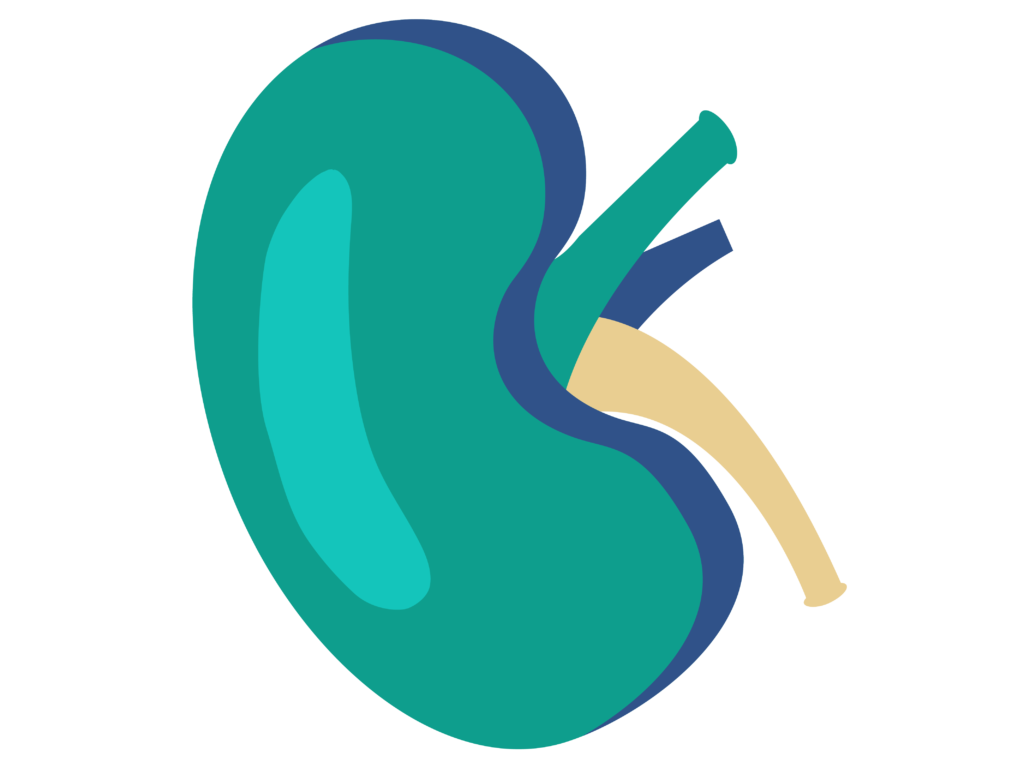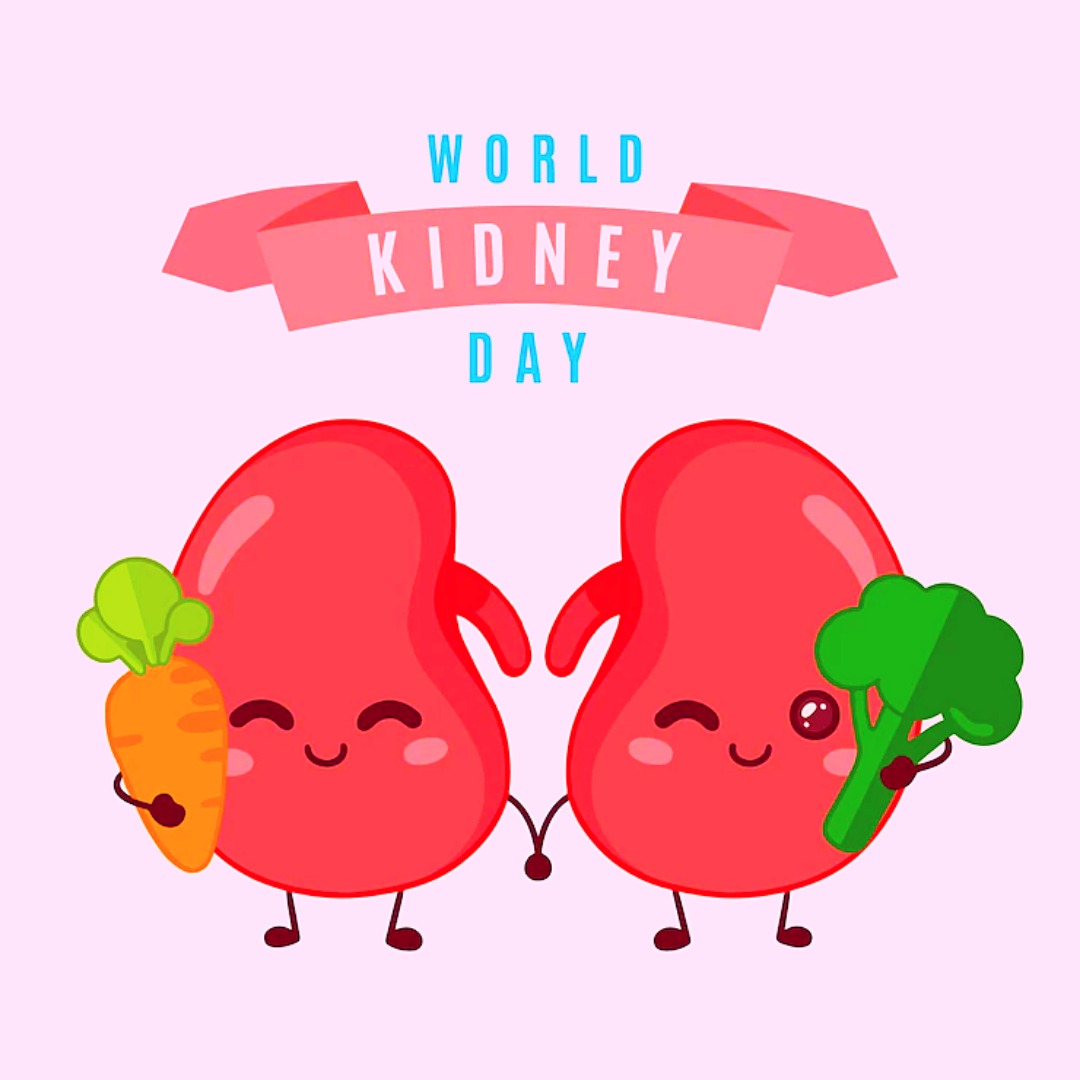Kidney & Common Kidney Diseases

What is Kidney ?
The kidneys remove excess waste and fluid from your body, maintain electrolytes and acid base balance, produce hormones that help regulate blood pressure, and stimulate the bone marrow to produce red blood cells.
Common Kidney Diseases
Chronic kidney disease
Healthy kidneys remove wastes and extra fluid from your blood. But when your kidneys fail, wastes and fluid can build up in your blood and make you feel sick. The main risk factors for developing kidney disease are diabetes, high blood pressure,kidney stone disease, recurrent urinary tract infection, dehydration, obesity, analgesic abuse,heart disease, and a family history of kidney failure.
Kidney stones
Urine contains many dissolved minerals and salts. However, an excessive amount of minerals and salts can cause kidney stones. A kidney stone (also called a kidney stone, nephrolithiasis, or urolithiasis) is a solid piece of material that forms from chemicals (substances) in the urine. It starts small like a grain of sand but can grow like a pearl and even fill the hollow structures in the kidney. In some cases, kidney stones will pass out of the body without medical attention, but mostly they won’t. It may get stuck in the urinary tract, blocking urine flow and causing severe pain.if untreated it can lead to kidney failure.
Polycystic kidney disease
An inherited kidney disorder causes fluid-filled cysts to form in the kidneys. PKD may impair kidney function and eventually cause kidney failure.
Glomerulonephritis
Glomerulonephritis (also called glomeruli) is an inflammatory kidney condition of the tiny blood vessels in the kidneys. if untreated it may lead to kidney failure. sometimes it may be associated with other systemic diseases like SLE and other autoimmune diseases.
Urinary tract infections
The urinary system is the body’s drainage system for removing wastes and extra water. A urinary tract infection, or UTI, is an infection in any part of your urinary system, which includes your kidneys, bladder, ureters, and urethra. If you’re a woman, your chance of getting a urinary tract infection is high. Especially in elderly and patients with comorbidities like diabetes it may lead to severe morbidity and renal failure.
What are the symptoms of kidney disease?
- Fatigue
- Frothiness in urine
- Sleeping trouble
- Poor appetite
- passing urine at night after waking up from sleep
- Muscle cramping
- Swollen feet/ankles
- Puffiness around the eyes in the morning
- Dry, scaly skin
Severe symptoms that could mean your kidney disease is progressing into kidney failure include:
- Nausea
- Vomiting
- Changes in urine output
- Fluid retention
- Anemia
- Decreased sex drive
- Sudden rise in potassium levels
- Inflammation of the pericardium
Risk Factors of Kidney Disease
- High blood pressure
- Age
- Genetics
How is kidney disease diagnosed?
There are different ways to diagnose kidney disease, which includes :
- Clinical examination
- Urine test
- Blood creatinine test
- Glomerular filtration rate (GFR)
- Ultrasound or computed tomography (CT) Scan
- Kidney biopsy
How can kidney disease be prevented?
- Drink plenty of water
- Control the level of blood glucose
- Control blood pressure
- Lower salt intake
- Quit smoking and alcohol
- Eat healthy foods
- Avoid over the counter medications and analgesic abuse
- Frequent evaluation in patients with risk factors
- Avoid obesity

